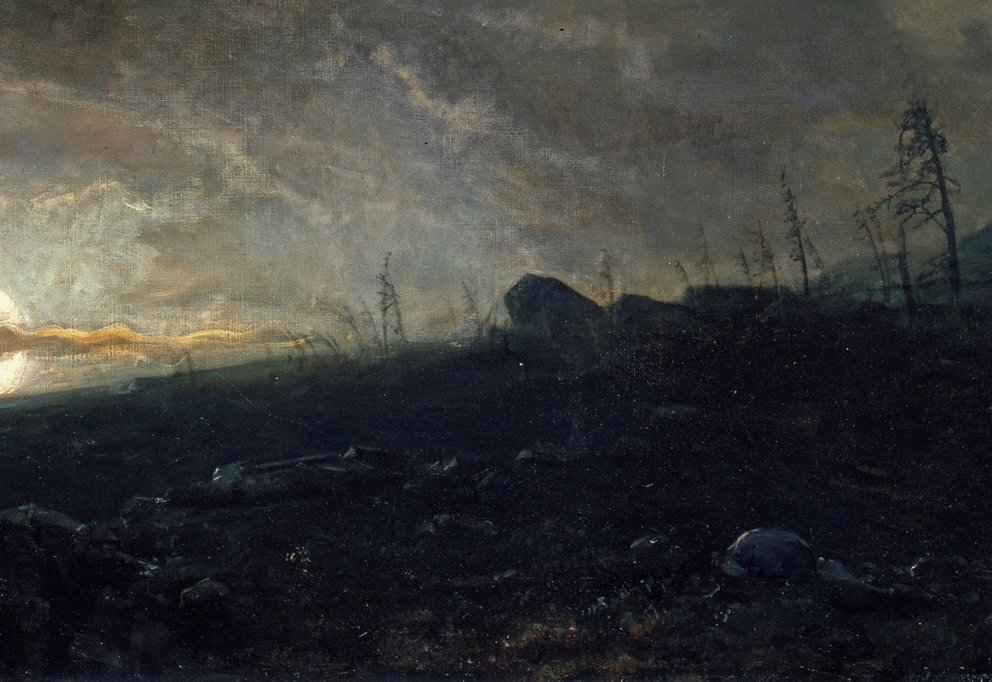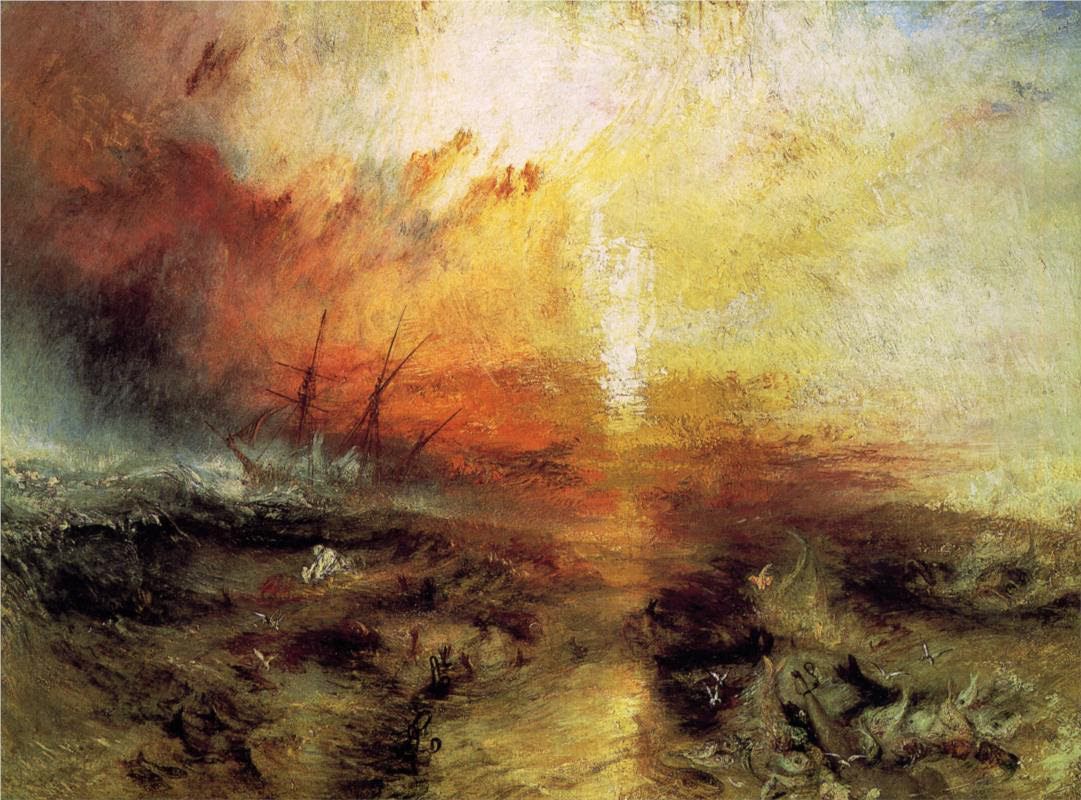Life
THE E’ER INSCRUTABLE | Fimbulwinter: Hitler is Sleeping
|
“He knew his heart’s core was a fat, awful worm. His dread was lest anyone else should know. His anguish of hate was against anyone who knew, and recoiled.” -D.H. Lawrence, “The Virgin and the Gipsy”
(p.t. = personal translation)
Adolf Hitler was never brought before any court of law after ’45; a dead man, albeit living-dead, can sit on no bench. There was not even the sliver of posthumous glee which was afforded the anti-Cromwellians, who dug up that Puritan’s corpse and gave it an ad hoc hanging in retribution for King Charles’ beheading. He was soaked in gasoline post mortem and burnt by his adherents and retainers in the open air of the Führerhauptquartiere complex near the Reichskanzlei.


